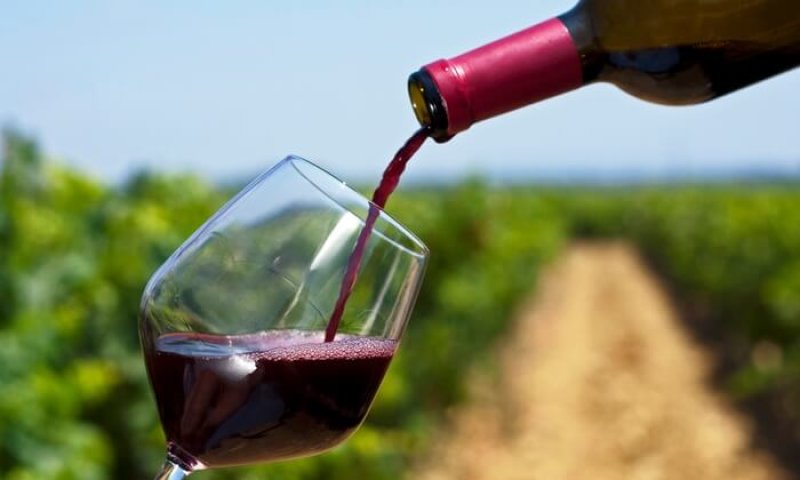Three hundred winegrowers gathered in Narbonne [on Dec. 8] at the call of the winegrowers’ union and the FDSEA. They were protesting the implementation in 2021 of new regulations greatly reducing the use of glysophate in weeding vines.
…
For Frédéric Rouanet, president of the Aude winegrowers’ union, “we are peasants, we love the land but we have economic costs, expenses to pay each month and we have to be profitable.”
A delegation of wine growers then went to the INRA [French National Research Institute for Agriculture, Food and the Environment] of Pech Rouge in Gruissan to denounce its role in supporting the abandonment of glyphosate.
…
In October 2020, a report from the national agency for sanitary security [ANSES] established restrictions on the use of glyphosate for viticulture, arboriculture or cereals from 2021.
…
Glyphosate, according to experts from the health security agency, can usually be replaced, especially by mechanical means: manual or machine weeding, though these measures entail additional costs linked to the additional labor required.
For the vine, which consumes a lot of glyphosate, the use of the herbicide is prohibited between the rows. The maximum annual doses per hectare are also reduced by 80%. And farmers must keep a phytosanitary register in which they record each use of the product, a register to be kept for 5 years in the event of control.
[Editor’s note: This article was published in French and has been translated and edited for clarity.]































